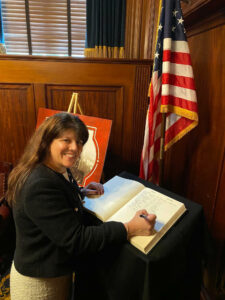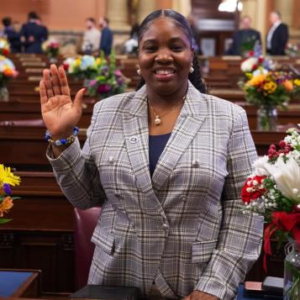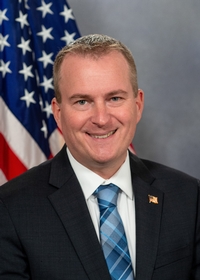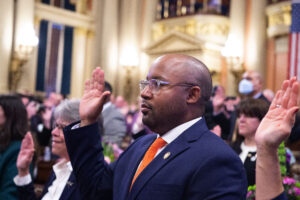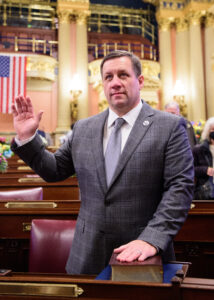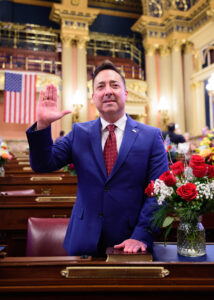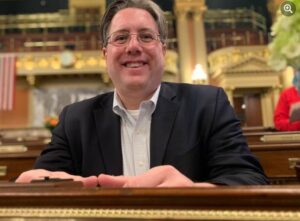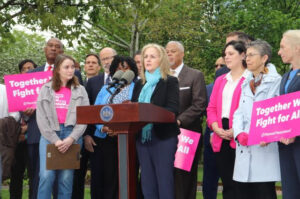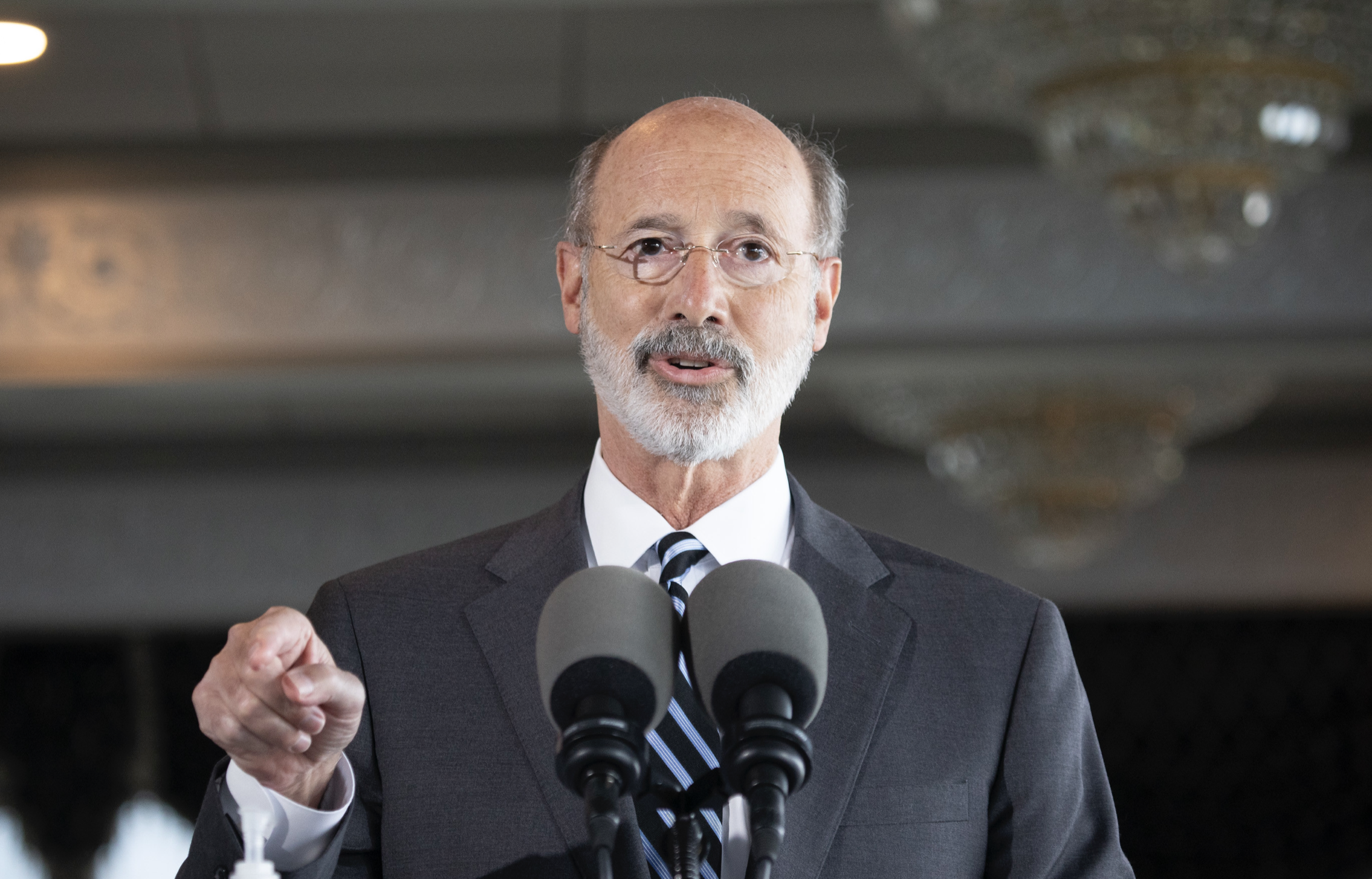NELSON: A Lifeline for Pennsylvania’s Students

With momentum building across the nation and our kids growing up quickly, there’s no time to waste. As Pennsylvania’s budget discussions heat up, now is the time for lawmakers to provide hundreds of thousands of Pennsylvania students trapped in schools that don’t work for them with a pathway to a better educational future.
The Keystone State has become the next ground zero in the effort to empower parents and ensure your taxpayer dollars follow your child instead of funding the system. As one of America’s original 13 colonies, Pennsylvania now has the opportunity to become the 13th state to adopt universal education freedom.
The nationwide education freedom revolution was on full display in Philadelphia last month at the Education Policy Academy hosted by the American Legislative Exchange Council (ALEC). Our two-day policy bootcamp was attended by members of the Education Freedom Alliance (EFA), as well as key state lawmakers from Pennsylvania and states around the country who agree parents should be equipped with choice in their children’s education.
Not only did we hear about the success of universal programs in states like West Virginia, Arizona, Iowa, Arkansas, Florida, and others, but we were honored to witness the impact of education choice in-person with a tour of Father Judge High School in northeast Philadelphia.
An all-boys Catholic high school that emphasizes career skills as part of their curriculum, Father Judge allows students to graduate with more than a high-school diploma. They can also receive the education necessary to obtain an industry-specific certification in fields like welding and automative tech. It was incredible to meet several young men, just 16 and 17 years old, who already had high paying job offers before graduation.
As a grandmother and mother of two adult children, I know that the sense of accomplishment felt by these teenagers can only be exceeded by the sense of pride their parents must feel in their triumph. To see those they watched over, cared for, and guided from the start to achieve so much so early is every parent’s dream. The success of these programs propelled Father Judge to become a 2022 semifinalist of the prestigious Yass Prize, and provides living proof of the importance of innovation and choice in education, as well as the positive future impact of the Lifeline Scholarship Program.
And, this movement isn’t bound by party affiliation or politics. Across town from our ALEC event, Team Roc, the philanthropic arm of Jay-Z’s entertainment company, announced a series of community events in Philadelphia to support similar school choice efforts in Pennsylvania. And while he could see the momentum building from the education establishment, Gov. Josh Shapiro finally came out in support of expanding education options back in October.
This is why lawmakers in Harrisburg must come together and support bipartisan efforts to make education freedom a reality for every Pennsylvania family. That means providing families with a choice to send their students to charter schools, private schools, home schools, micro schools, virtual schools, or even traditional public schools. The key is empowering parents with the choice that best fits their students’ individual needs.
Studies consistently show that education freedom has a positive impact on those attending public and nonpublic schools alike. Of the 28 peer-reviewed studies compiled by EdChoice – each analyzing the impact of education freedom on public school outcomes – 25 found positive effects, one found no effect, and two found negative effects. Among the positive effects were improved test scores among both program participants and public-school students, improved parental satisfaction, higher educational attainment, and cost savings for taxpayers. Those results suggest education freedom can truly be called the rising tide that lifts all boats.
That is why 77 percent of families support expanding Lifeline Scholarships to students in Pennsylvania’s worst performing schools. Backed by Gov. Shapiro, this bipartisan effort would provide the state’s neediest students with access to learning environments that offer an education model tailored to their unique educational needs. Two of Pennsylvania’s neighbors, West Virginia and Ohio, were among the first states in the nation to create universal education freedom for all students. Now, it’s the Keystone State’s turn.









